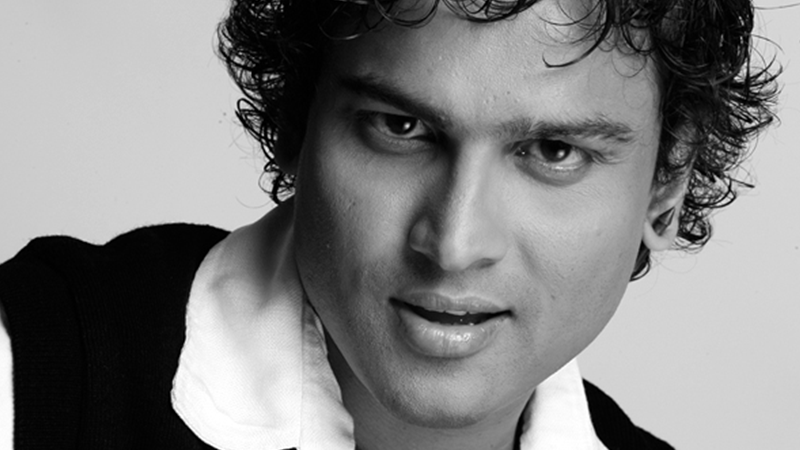There are voices that entertain, voices that inspire, and then there are voices that become the very heartbeat of a people. Zubeen Garg, affectionately known as Zubeen Da, was that rare artist whose melodies didn’t just fill events; they filled the collective soul of Assam and beyond.
Born on November 18, 1972, in Tura, Meghalaya, as Zubeen Borthakur, he was named after the famous conductor Zubin Mehta. Music was in his blood, his mother was a singer and actor, while his father was a magistrate who encouraged his love for culture. In 1992, at just 19, he released his first album Anamika. Overnight, the name “Zubeen” became known in every corner of Northeast India. Songs from that album became a part of Assamese households, setting the stage for many more hits like Maya, Asha, and Pakhi.
What made Zubeen Da different was that he didn’t just sing songs, he lived them, and people felt his emotions as their own. His voice became a symbol of Assam’s pride, uniting people across villages, towns, and cities.

It wasn’t just his art that people admired. It was his kindness. A fan recalled to Tezpur Buzz a story that speaks volumes about Zubeen Da’s character. The fan, then just a teenager, attended one of his Bihu concerts. The crowd was overflowing, but Zubeen Da sang late into the night, giving every bit of energy to his people. The next morning, news spread that after receiving his payment, Zubeen Da had donated the entire amount to the local “Mahila Samiti”, and even gave a part of it for children in need. That story stuck with the fan forever, because Zubeen Da wasn’t only an artist who sang for our hearts, but a man who gave from his own heart without expecting anything in return.
There are countless such stories of him helping NGOs, supporting local causes, or simply encouraging young talent. To many, he wasn’t a “star”, he was “Zubeen Da,” the elder brother who always looked out for his people.
Zubeen Da lived life on his own terms. He never cared much for public opinion. What mattered to him was staying true to his art and his people. Even in recent years, when health issues slowed him down, he never let go of his bond with Assam. Fans say that his presence at any Bihu or cultural festival lifted the spirit of the entire gathering.
He was in Singapore at the time of his passing as the cultural brand ambassador for the North East India Festival. He was supposed to perform there and represent Assam on stage once again, something he had been doing all his life, wherever he went. That makes his sudden loss even harder to accept.
Zubeen Da’s voice played at weddings, in classrooms, during Bihu dance performances, on radio stations, and in tea gardens. For many of us, our first songs at school functions or college fests were his. In truth, Zubeen Da was like the glue that held Assamese people together, across generations and across borders.
In a now-viral video, Zubeen Da is seen asking everyone to play Mayabini, one of his most beloved and emotionally resonant songs after his death. Today, we can’t step outside without hearing it somewhere, not just in mourning, but in celebration of the joy he brought into our lives.
Today, it’s not just Assam, the entire nation mourns, not only for the loss of a legendary artist, but for the loss of a beautiful soul. Zubeen Da taught us through his life: live freely, care for others, and never let the noise of opinions stop you from doing what you love.
He was more than music, more than fame, more than popularity. He was family to Assam. And though the void feels unbearable today, his legacy of songs, kindness, and courage will keep him alive forever.
Rest easy, Zubeen Da. His voice will continue to rise in every Bihu gathering, in every home where his songs play, and in the memories of every admirer who once whispered his lyrics under their breath. Zubeen Da is gone, but his echo will remain eternal.